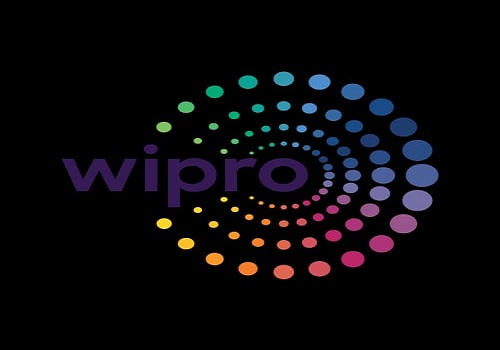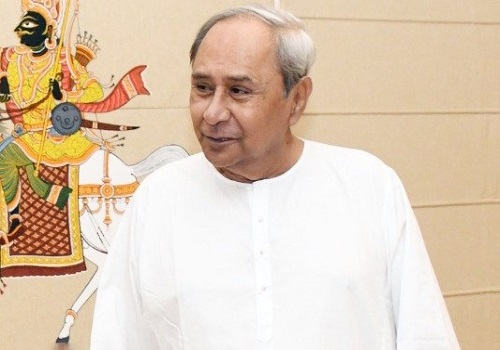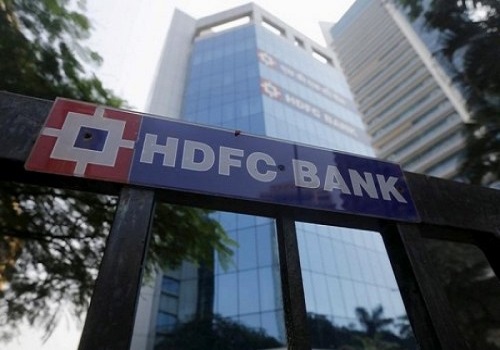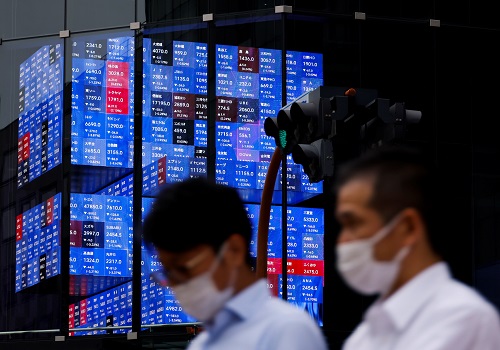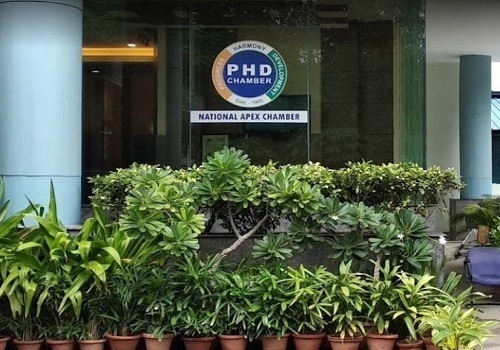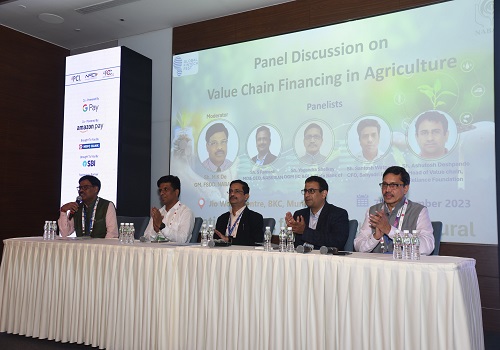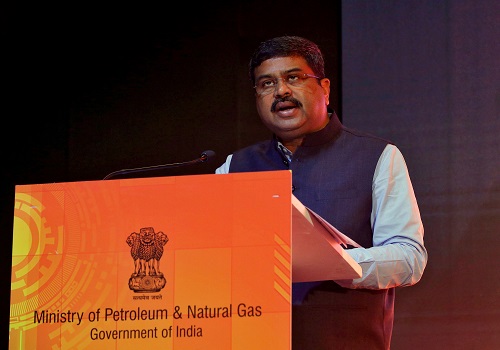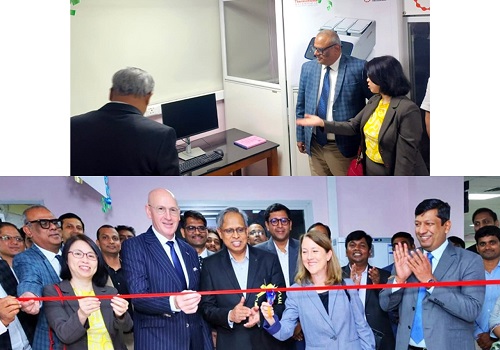Lord's Mark Industries and IIT Bombay Partner to Transform Sickle Cell Testing in India with POS (Point of Screening) Technology
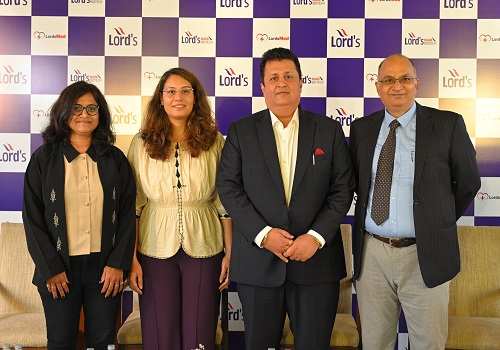
Follow us Now on Telegram ! Get daily 10 - 12 important updates on Business, Finance and Investment. Join our Telegram Channel
https://t.me/InvestmentGuruIndiacom
Download Telegram App before Joining the Channel
MUMBAI: Lord's Mark Industries, a prominent diversified business group, has partnered with the renowned Indian Institute of Technology Bombay (IIT-B) to revolutionize sickle cell testing in India. The first-ever AI-enabled POS equipment in the country, patented by IIT Bombay, will address challenges associated with sickle cell testing, making it more accessible and convenient with 100% accuracy. The announcement was made at a conference in Intercontinental Hotel, Mumbai. Lord's Mark Industries will invest Rs 25 crores to develop and distribute the technology-enabled POS equipment, targeting revenue of Rs 100 crores by year 2026-27.
Lord's Mark Industries will use its in-house R&D team to manufacture the sickle cell POS instrument at its IVD manufacturing facility in Vasai. The equipment will be available in government healthcare centers, pathology labs, and Lord's Mark Industries' pathology labs throughout the country.
Commenting on the collaboration, Mr. Sachidanand Upadhyay, Founder, Lord’s Mark Industries said, "Through this collaboration with IIT-B, Lord's Mark Industries is committed to providing innovative and effective solutions to sickle cell testing across India, especially in rural regions. We are also investing in the establishment of 1000 pathology labs across the country, with an initial investment of Rs. 50 crores, to provide easy access to sickle cell testing and other healthcare services. With the support of the Central Government, we aim to make equipment and testing available across government healthcare centers and hospitals.”
The microscopy-based test developed by renowned Prof. Debjani Paul and her team from the Dept. of Biosciences & Bioengineering at IIT-B can distinguish between healthy, sickle trait, and sickle anemia blood samples at the point of care. The collaboration between IIT-B and Lord's Mark Industries aims to revolutionize sickle cell testing in India, providing improved disease diagnosis and management for patients across the country at the point of primary care itself thereby reducing costs and enabling a convenience for affected population. This is the only microscopy test that can actually distinguish carriers from individual who have sickle anemia within 30 minutes. Typically it would take 24 – 48 hours to identify the carriers.
"We are excited to collaborate with Lord's Mark Industries to introduce our Licensed AI-enabled sickle cell testing technology in India. Our technology is a game changer in tackling sickle cell screening challenges in the affected regions. We believe that our technology combined with Lord's Mark Industries capabilities will make a significant impact on improving the lives of millions of patients suffering from sickle cell anemia in the country," said Dr. Oshin Sharma, Researcher, IIT Bombay.
The Indian government has taken measures to improve sickle cell anemia detection and treatment in central and southern regions such as Gujarat, Maharashtra, Chhattisgarh, Orissa, Bengal, Tamil Nadu, Kerala, and Telangana. Measures include newborn screening, a national eradication campaign, clinical trials, and premarital counseling protocols. The Ministry of Tribal Affairs has circulated advisories, and Rs. 60 crores has been released to the States seeking grants to tackle the disease, including screening.
In line with these efforts, the partnership between Lord's Mark Industries and IIT Bombay is a significant step towards combating sickle cell disease in India. The collaboration aims to improve the screening and diagnosis process, making it more accessible and convenient for patients. This will promote early intervention and improve disease management, contributing to the efforts of the Indian government to eradicate the disease.


